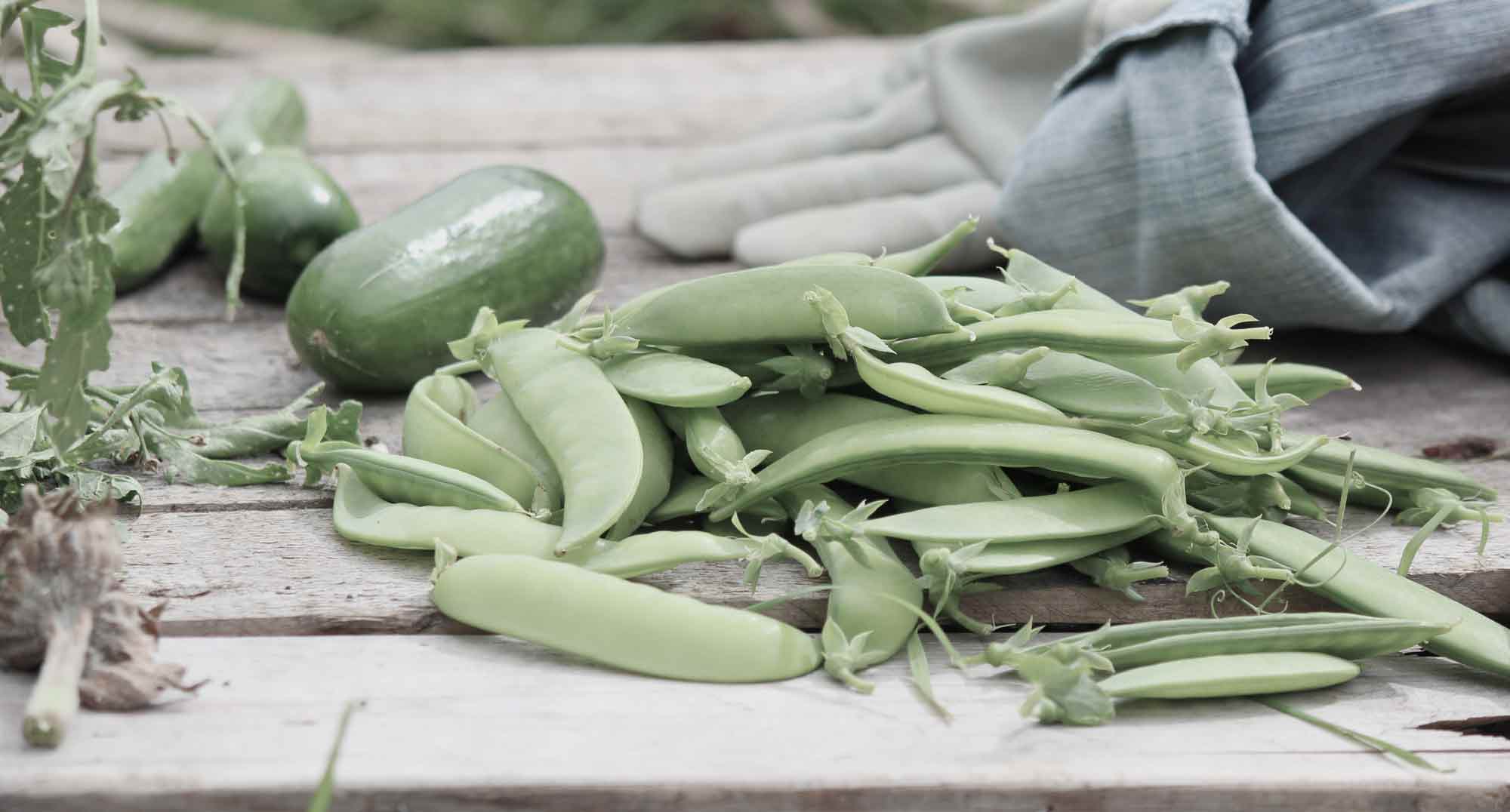STEPHANIE FORMENTI|CONTRIBUTOR
We planted a garden this summer. We have three raised beds dedicated to some vegetables like tomatoes and cucumbers, another for herbs like basil and oregano, and one bed specifically for wildflowers. As I have watched seeds turn into flowers, and little sprouts turn into tomatoes, the Lord has taught me about work—my work and His work. Our little garden is my summer classroom for understanding work in the kingdom which led me to three parables in Matthew 13 that integrate yard work with kingdom truths. Both my hands-on time in the garden and the teachings of Jesus highlight that kingdom work involves three important aspects: weeping, waiting, and watching.
Weeping:
It brings me such joy each morning to walk outside and see how many new flowers have bloomed or if there are any tomatoes to harvest. But no matter how many delights my garden produces, there are always those pesky weeds. Every morning provides new gifts as well as new frustrations. The same is true for life in the kingdom of God. We know that Jesus the King already reigns and is already on the move to make all things new, but we also experience how all things are not yet under His feet. Although the kingdom has come, it is also still to come. It is already and also not yet. So, the work we do in the kingdom is work done smack dab in the middle of that tension. We push against darkness and evil and injustice and ugliness and hatred. But those things also push back against us. Kingdom work occupies that space— the space of tension.
In Matthew 13:24, Jesus tells a story about a man who planted a field with good seed, but during the night an enemy came along and planted bad seed in the same field. As the crop grew, both grain and weeds sprouted up and continued to mature alongside one another until harvest. This story succinctly demonstrates that there are two kingdoms at war in our reality. Even as the kingdom of God expands and grows, so does opposition to it. This means it is right for our kingdom work to include weeping. We weep because things are not yet the way they are supposed to be; the weeds grow with the grain. Until Jesus returns, we live in the tension of the already/not yet aspect of the kingdom. As much as we don’t like it, we still experience the ramifications of life in a fallen world. A proper kingdom perspective informs our sadness, reminding us that even when the darkness seems overwhelming and evil seems victorious, King Jesus is still on the throne and absolutely nothing is going to divert or overcome His kingdom. Kingdom work often means weeping, not as those without hope, but as those longing for our true and forever home.
Waiting
A few verses later in Matthew 13:31, Jesus talks about a man who planted a teeny tiny mustard seed in his field. Years later, the tiny seed would become a tree that provides a place for the birds to make their homes. This illustration demonstrates that kingdom work involves lots of waiting. This is where my garden stretches me the most. We built the beds, filled them with dirt, planted some seeds, and watered them daily. But after that, all I could do was wait. Wait and trust that the roots were growing even though I could not see them. So much kingdom work is done “under the surface” over a long period of time. It is not flashy or immediate or even obvious. Kingdom work can look like years of patiently dealing with a difficult co-worker, steadily and faithfully being present in your neighborhood, menu planning, well-timed words of encouragement to a weary friend, showing up for a boring job day after day, or filling up a sippy cup for the umpteenth time. Kingdom work is waiting work. It is so hard to wait! But we wait with hope because we serve a King who likes to take everyday, mundane faithfulness and use it to push the darkness away.
Watching
Finally, in Matthew 13:44, Jesus talks about a field with a treasure hidden. He says that the kingdom of heaven is like that hidden treasure. When a man found it, he secured the treasure and then sold all that he had to acquire the field. As previously mentioned, the kingdom of heaven often grows in unseen places. That is why we must watch for it! A good gardener can spot those baby sprouts struggling to the surface and then continue to cultivate a place for it to thrive. Similarly, kingdom work is watchful work. To be kingdom workers, we must learn to keep our eyes peeled for where the King is working and then be ready to join Him there no matter the cost. The problem is, we are often looking in the wrong direction. So much of our time is spent looking around at what other people are doing for the kingdom, that we totally overlook the treasure in our own fields. We are so distracted that we don’t have the eyes to see how the King is on the move in our own backyards. But our good King has given to each of us particular gifts, personalities, strengths, and capacities because He knows what is best for us. And He knows what’s best for the kingdom. We must simply put our hands to whatever task is in front of us in faithful obedience as we weep, wait, and watch as God uses us to grow and expand His kingdom.
Photo by Tania Malréchauffé on Unsplash

Stephanie Formenti
Stephanie Formenti serves as the Chapel Associate for Discipleship at Covenant College. She is passionate about Word-based ministry and loves serving the students at Covenant. She earned an MATS from Covenant Seminary and has had the privilege of living in various places around the world before landing in the Chattanooga area. Her husband, Gustavo, is on staff at New City Fellowship East Lake and they have three young and energetic children.

